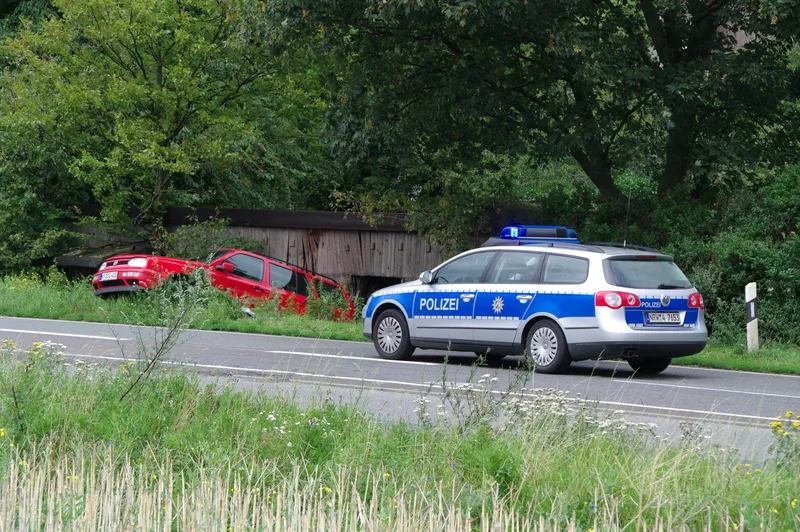One in 30 UK employees have drugs in their system at any point in time within the workplace, according to new statistics released today by Concateno, Europe’s leading drug and alcohol screening provider. These findings, part of the ‘High Society: Drug Prevalence in the UK workplace’ research report, are derived from the results of over 1.6 million UK workplace drug tests over the last five years (2007-2011). In the past five years, there has been a 43 per cent increase in UK employees testing positive for
July 2, 2012
Read time: 1 min
RSSOne in 30 UK employees have drugs in their system at any point in time within the workplace, according to new statistics released today by 4266 Concateno, Europe’s leading drug and alcohol screening provider. These findings, part of the ‘High Society: Drug Prevalence in the UK workplace’ research report, are derived from the results of over 1.6 million UK workplace drug tests over the last five years (2007-2011).
In the past five years, there has been a 43 per cent increase in UK employees testing positive for drugs. Drug use was identified in 3.23 per cent of the employees tested in 2011, rising from 2.26 per cent in 2007. The most prevalent drugs used by UK employees are cannabis, opiates (excluding heroin), and cocaine.
For a copy of the report, visit: www.concateno.com.
In the past five years, there has been a 43 per cent increase in UK employees testing positive for drugs. Drug use was identified in 3.23 per cent of the employees tested in 2011, rising from 2.26 per cent in 2007. The most prevalent drugs used by UK employees are cannabis, opiates (excluding heroin), and cocaine.
For a copy of the report, visit: www.concateno.com.









